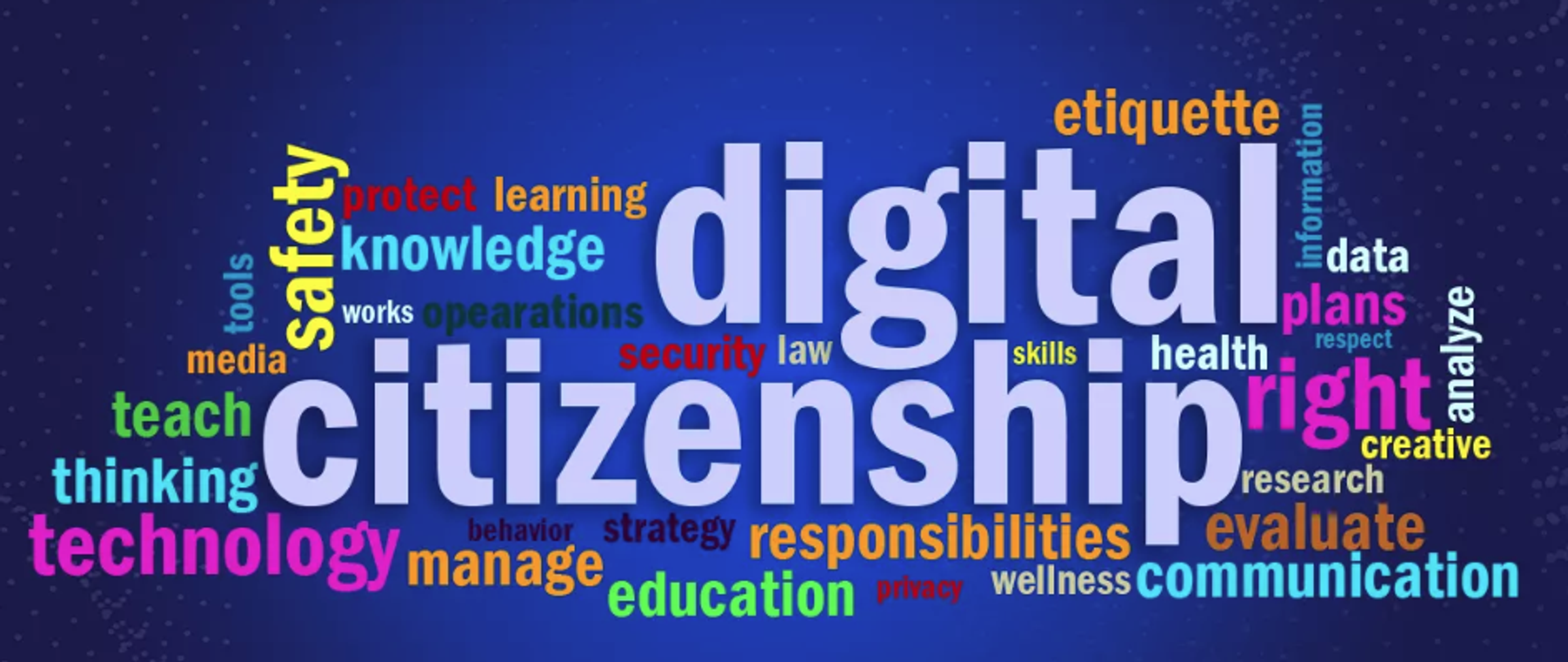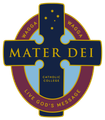Creating Digitally Responsible Citizens

Plagiarism and Generative Artificial Intelligence
All students recently participated in a Digital Citizenship workshop, focussing on plagiarism and the appropriate use of Generative Artificial Intelligence. The vast majority of students are using unsupported Gen AI platforms to support their learning, which was clearly evident from a physical survey of the students during the workshop.
Students are encouraged to be knowledgeable producers of their work, rather than passive consumers and editors of others' work. They need to critically evaluate Gen AI responses by checking the sources that Gen AI is using and understand that answers produced by it are not always correct and could contain profound bias. Students are also encouraged to cite all sources of information used for assessment and school work and ensure that the work they are producing is their own.
Students have been given a physical copy of the summarised version of the MDCC Gen AI and the Malpractice Guidelines to support them with the expectations of the school, guided by NESA. Students have also been told to place this in their diaries. A summary of both guidelines can be found here.
As a parent or guardian, following up on the discussions that have taken place at school would be beneficial. Questions and discussions that staff have asked of and have had with students include:
Is it ok to copy an image online for a school assignment and use it without referencing the work?
Is it ok to copy information found on a website and use it for your homework or assessment task?
Have you used Generative AI to help you with your school work?
Is it ok to copy and paste Generative AI information and use this for your classwork?
Is it ok to use Generative AI to help you study for your test and provide you with practice questions?
AI Chatbots
AI Chatbots are becoming increasingly part of the way students navigate various platforms socially and academically. The eSafety Commissioner provides helpful information on how you can protect your child against the risks and become more informed:
- What are AI chatbots and companions?
- What are the risks?
- What is eSafety’s position on their use?
- How can parents, carers and educators protect children and young people?
(eSafety Commissioner, 2025)
Digital Media Literacy and Safety (Part 2) Webinar
For further support, parents and students can attend the Digital Media Literacy and Safety (Part 2) Webinar on Wednesday 18 June at 7:30pm, hosted by Dr Michael Carr-Gregg and Susan Mclean, leading experts in wellbeing and cybersafety. They will be covering:
- Artificial Intelligence
- Misinformation and Algorithms
- Sexting and Sextortion
- Online Grooming
Mrs Courtney Freebody | Leader of Learning - Digital Technology and STEM
